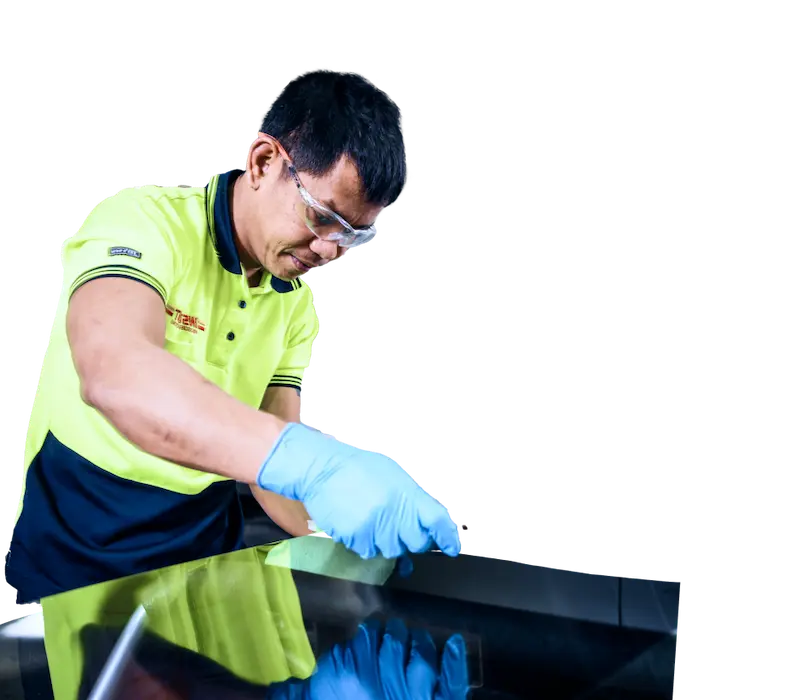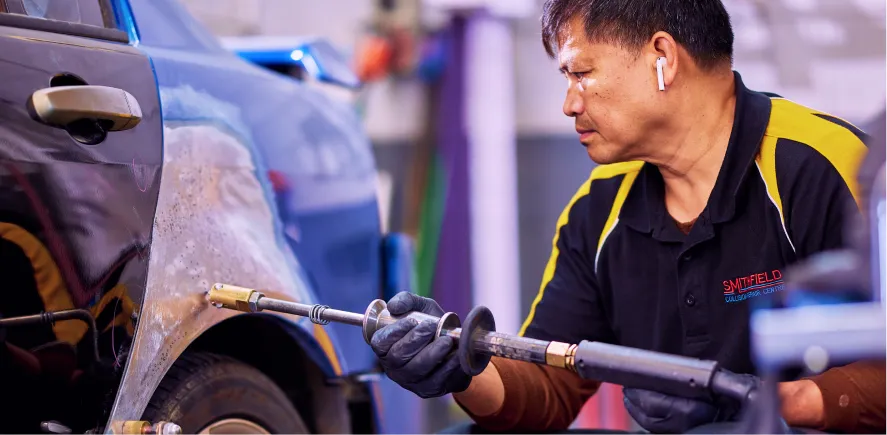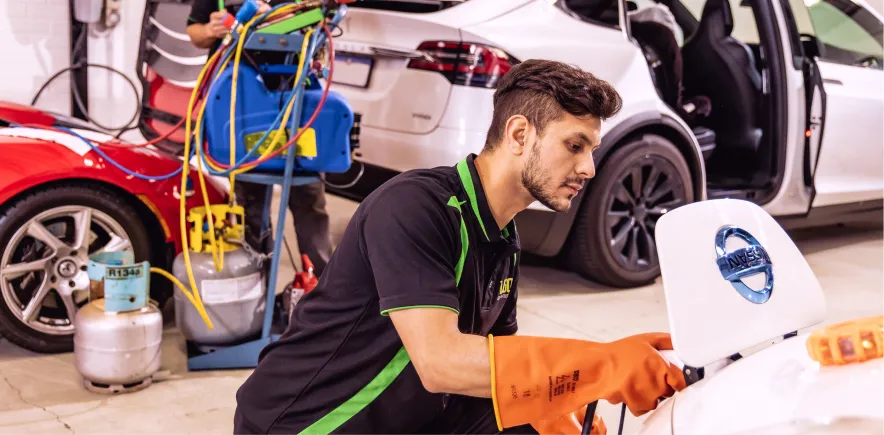

In fact, only 36% of respondents said they had thought about sponsoring qualified technicians from overseas to plug the gaps in their team. Why is this the case? Is there a reason why so few Members have considered bringing in a technician from overseas?
In this article, we’ll dive a little deeper into the opportunity of skilled migration for automotive workshops, including:
First, let’s quickly look at some of the common reasons why Members are turned off the idea of sponsoring skilled migrants.
In the comments, Members also expressed concerns about language barriers and doubts about the standard of foreign qualifications. Several Members also shared stories about negative experiences.
Before we address these concerns, here are some of those stories from Members.


Before you get too turned off by the negative experiences, we also heard from Members who had fantastic experiences with skilled migration.
In a recent interview with Ignition magazine, Capricorn Member Larry Napoli, of Smithfield Collision Repair Centre in South Australia, said he’d had great success with sponsored skilled migration.
He’s sponsored around 10 skilled workers over the years, from all over the world- England, the Philippines, South Africa and Fiji.
“It’s not a cheap exercise but sponsored workers are committed to the cause,” he said. “They’ve got good reasons to hang around and do the right thing, so their whole culture and outlook is totally different.”
Automotive business consultant Workshop Whisperer Rachael Evans agreed, saying in her experience skilled migrants were hard-working, grateful and loyal. “100% of our clients who have recruited offshore in the last 18 months cannot speak highly enough of the result,” Rachael said.
“The process is lengthy, but they’ve achieved the return on investment they were after. They’ve got workers who want to work and who come highly qualified.”
Sponsoring skilled migrants is one of Rachael’s five tips for dealing with staff shortages.


To sponsor a skilled migrant as an Australian employer you need to*:
The fees involved are about $1,000 AUD in total for becoming an approved sponsor and nominating an applicant. There’s also a contribution of around $1,800 AUD to make to the Skilling Australians Fund. There’s a summary of the process on the Home Affairs website, here. Australia’s Department of Home Affairs says Skilled Migration Visas take an average of seven months to process.
To sponsor a skilled migrant as a New Zealand employer you need to*:
The fee to become an Accredited Employer is about $750 NZD for up to five skilled migrants at a time. The Job Check fee is about $600 NZD.
There is a summary of the process, here.
The New Zealand Government says 50% of Skilled Migrant Visa applications are processed within five months of applying and 90% within six months.
*Information correct 24 August 2023. Please seek independent advice to determine whether sponsoring a worker is right for your business and to ensure that you comply with the requirements.
Given sponsoring a skilled worker is a process with a lot of steps, many business owners choose to outsource the task to an expert.
Obviously, this comes with added costs, but not only does it take a lot of the pressure off you, as the business owner, it can be much more efficient, too.
Rachael Evans said working with a reputable agent can also help alleviate a lot of those concerns expressed by Members in our survey.
“You should get to interview these people yourself,” she said.
“But (a reputable agent’s) vetting process (should ensure) they wouldn’t put someone in front of you that wasn’t suited to the role - they wouldn’t go to all the hassle of getting that person in your workshop only for you to turn around and say, ‘This has not worked out,’ and they have to go through the process again for free.”